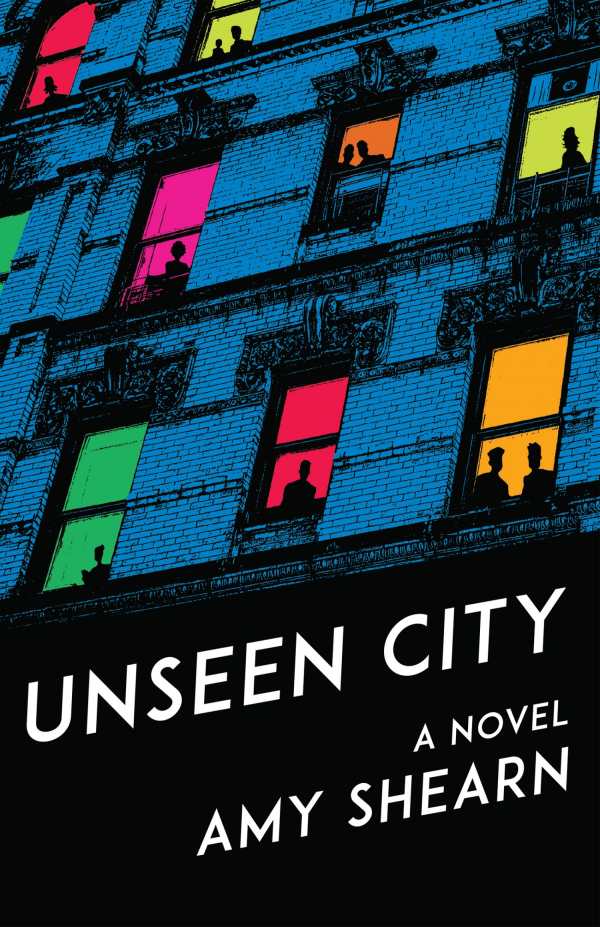Unseen City
Amy Shearn’s modern fable Unseen City is anchored by smart, sly humor. It delves into the layered social, psychological, and historical architecture of New York City, a place that’s paved over the bones of its dead, who are transmuted by needs of the living or clarified by their own unmet demands. Somewhere between the two poles lies the finite present, a co-constructed mythology that’s revealed to be volatile, and as susceptible to emotional anesthesia as it is to radical hope.
Meg is a research librarian in the Brooklyn Collection. She’s devoted to her routines, though she lives “with only a fickle housecat and towers of books for company,” and “it no longer seem[s] funny to go on calling herself a spinster librarian.” Shaken by a life that now contains an eviction, a charming library patron in need of help with a haunted house, and the specter of aging, she is confronted with her accrual of privilege and loss, including her meticulous, curated grief over her dead sister, Kate.
The novel suggests a stubborn hope that lost stories, histories, and names can be reclaimed and recalled to new life in the present. But the fabulist qualities of Meg’s present contrast with the unchanging face of history. Her research reveals the forgotten story of Brooklyn’s Weeksville, which further emphasizes the bitter challenges of preserving the evidence of Black people’s lives, and Black people’s successes, in the face of eminent domain, apathy, and the invisible infrastructure of white privilege.
Here, “history doesn’t go anywhere,” and everything that’s old can become new again, including unfinished business and hauntings. Amy Shearn’s novel demands calling out the names of the dead, assuring its audience that they’re ready to answer and say, “I’m here.”
Reviewed by
Letitia Montgomery-Rodgers
Disclosure: This article is not an endorsement, but a review. The publisher of this book provided free copies of the book to have their book reviewed by a professional reviewer. No fee was paid by the publisher for this review. Foreword Reviews only recommends books that we love. Foreword Magazine, Inc. is disclosing this in accordance with the Federal Trade Commission’s 16 CFR, Part 255.

